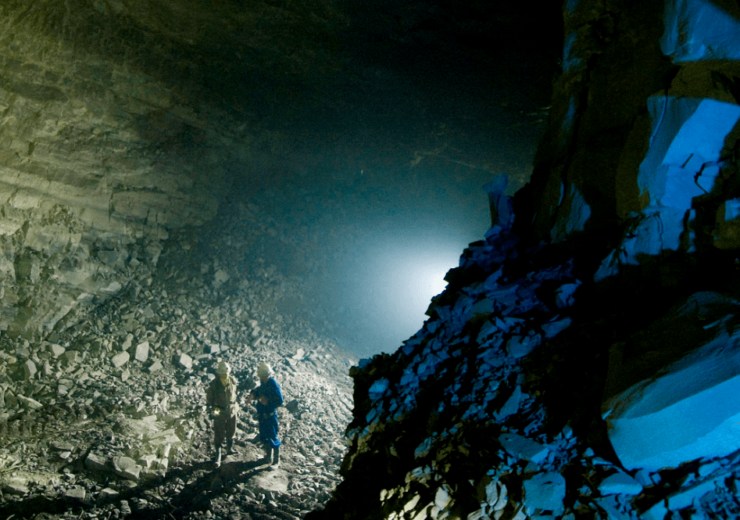By the year 2030, it is projected that 130 million electric vehicles will be on the road, which is creating a spike in demand for commodities needed in the construction of their batteries

Miners searching for cobalt in the Kamato Mine, located in the Democratic Republic of Congo (Credit: Katanga Mining)
The US has welcomed nine new countries to its initiative aimed at discovering and developing minerals key to electric vehicle manufacturing, an area historically dominated by China.
US Secretary of State Mike Pompeo confirmed on 26 September that Argentina, Australia, Botswana, Brazil, the Democratic Republic of the Congo, Namibia, Peru, the Philippines and Zambia joined the Energy Resource Governance Initiative (ERGI).
The group was initially announced in June, and operates by having member nations exchange mining expertise with a specific focus on battery commodities such as cobalt, copper and lithium.
US targets China in electric vehicles minerals race
By the year 2030, 130 million electric vehicles are projected to be on the road — up from five million today, according to the International Energy Agency — creating a spike in demand for commodities required for the construction of batteries.
Roughly 10kg of cobalt, for example, is needed to create the average electric vehicle battery, while the metal is also crucial to the feasibility of grid-scale battery storage.
The vast majority of the planet’s cobalt is located within the Democratic Republic of Congo (DRC), where a plethora of interested parties are engaged in a frantic contest for control over mining operations.
Some argue that particular race may have already been won, however, as China appears to have established a monopoly over the metal in the politically unstable region.
GlobalData’s senior analyst Mike Orme, said: “China is in pole position to win the battery arms race, and with it hold the balance of power in the automotive and energy storage industries.
“On the cobalt front, China controls seven of the largest DRC mines, led by Molybdenum, and in the process over half DRC’s cobalt supplies.
“Moreover, the owners of the mines it doesn’t control mostly sell to Chinese traders and Chinese cobalt refineries in any case, and that includes Glencore, owner of the Katanga mine, DRC’s single largest mine.
“China’s refineries, fed in large part by feed stuff from Chinese-owned mines, supply 80% of the world’s battery-ready high-grade cobalt.
“In the global scramble to secure forward supplies and escape the vagaries of the “spot” market, China holds the whip hand.
“Control of the critical raw materials, including cobalt, and the world-beating processing and manufacturing capacity will determine who holds the balance of industrial power in automotive and energy storage.
“At the moment it looks as though China has that control, at least in the medium-term.”
